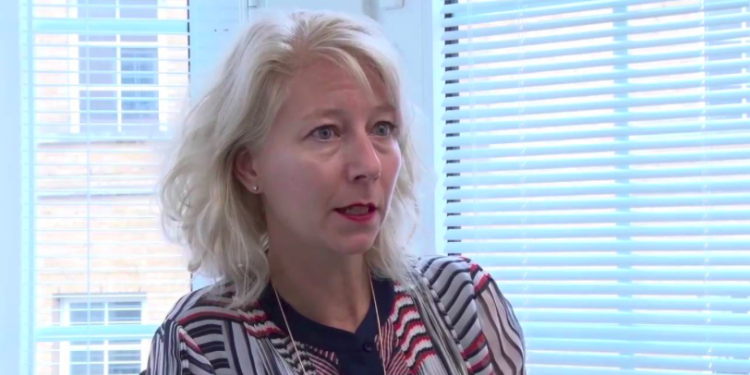The Pensions Regulator has confirmed that it has not identified “serious risks or issues” in the master trust sector as a result of the Covid pandemic.
Speaking at Corporate Adviser virtual Master Trust and GPP summit, TPR’s executive director Nicola Parish said that regulator had postponed its business as usual supervision engagement as a result of the lockdown but had maintained “reactive day-to-day contact” with schemes.
As part of this process it has been talking to master trust schemes about their business continuity plans and their plans for dealing with the ongoing Covid situation. Parish says this work has stepped up again following the second national lockdown.
But while she said she was pleased to report that the regulator had not identified serious problems she warned that the full economic impact of the coronavirus pandemic had yet to be felt.
Parish says: “None of us know how long this will last and what its effetct might be on the pensions sector. But we do expect a long and deep economic shadow.”
Given these problems TPR says it has postponed plans for a master trust webinar towards the end of this year which would have set out supervisory plans for the year ahead. Parish says the regulator will now be contacting schemes and master trusts individuals before the end of the year.
Parish confirmed that the regulator continues to work with master trusts that did not receive authorisation last year. A total of 38 schemes received this authorisation, with a further 33 leaving this market. Of these eight have transferred into other master trust arrangements, and 13 have restructured as single-employer trusts.
Parish says this this leaves a further 12 trusts who are still “working on their exit plan with the regulator”. She says while there is no statutory deadline, the regulator want to resolve this issues as quickly as possible, with solutions found that help protect member benefits.
She points out that there are often complex situations to resolve, with consolidators not always able to take on this business.
Parish also highlighted the growing issue of ESG reporting, and new TCFD reporting rules due to come into effect next year. Parish says she “hoped” it would be realistic for master trusts to produce these reports by then but said she was keen to hear about potential hurdles or problems with this.
She says: “As a regulator we are supportive of the government’s green finance strategy and all master trusts now include sections on their ESG strategy within the statement of principles.”
Parish says within the pensions sector master trusts are leading the way on ESG reporting. She added the regulator would consider taking against against schemes that failed to engage on the financial risks of climate change if this appeared to be part of a pattern of wider governance failings.





